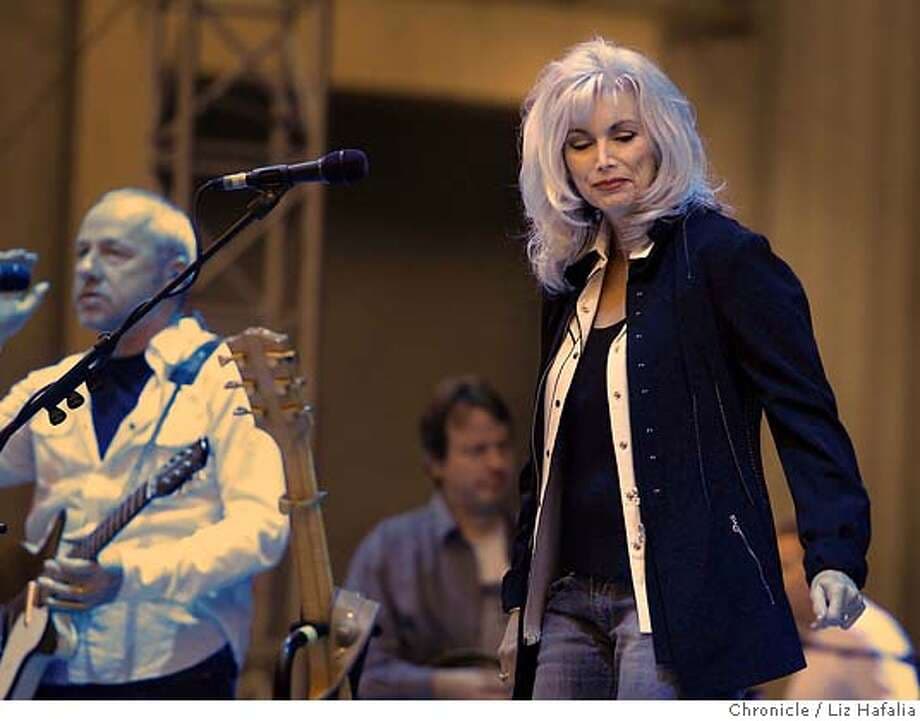
Toughness Isn’t About Bragging, It’s About Enduring
There are some songs that, no matter how many times you hear them, still manage to pull at your heartstrings and transport you back in time. For many of us, Emmylou Harris‘s rendition of “Tougher Than the Rest” is one of those songs. It’s a track that feels less like a simple cover and more like a reclamation, a gentle yet firm embrace of a sentiment that has been through its own share of life’s hard knocks. Originally penned by Bruce Springsteen for his introspective 1987 album “Tunnel of Love,” the song was a raw, vulnerable piece about finding love when you’re no longer young and idealistic. Springsteen’s original was a promise, a plea from a man who knew the “road is dark” and was asking if his partner was willing to walk it with him. His version charted well in Europe, reaching as high as No. 3 in Switzerland and landing in the Top 20 in the UK, but it wasn’t released as a single in the U.S.
Then came Emmylou. Her take on the track, which she included on her 1990 album, “Brand New Dance,” transformed the song’s meaning entirely. While Springsteen’s was a negotiation, a conversation between two people bruised by life, Harris’s version feels like a quiet, internal resolve. It’s the wisdom of a woman who has seen it all, who knows what it means to have her heart “in a mess,” and has decided that she is, indeed, tougher than the rest. The album itself, “Brand New Dance,” was a bit of a departure for Harris, an eclectic collection of covers that, while well-received, marked the beginning of a commercial shift away from mainstream country for her. It was her first studio album in fifteen years that didn’t produce a top forty country single, but in hindsight, it was a pivotal moment, showing her willingness to explore new territory.
This song’s brilliance lies in its duality. It’s a love song, to be sure, but a love song for adults. It doesn’t promise a fairytale, but rather a partnership built on shared experiences and a mutual understanding of life’s jagged edges. The lyrics, “Well, it ain’t no secret, I’ve been around a time or two / I don’t know, babe, maybe you’ve been around, too,” resonate with a weary authenticity that only time can bestow. This isn’t the hopeful, naive love of a teenager; it’s the profound, earned love of someone who has stared down heartbreak and come out the other side, not unscathed, but strong. It’s a reminder that true strength isn’t about being impenetrable, but about being able to stand tall despite the cracks. Emmylou Harris delivers this with a voice that is both fragile and powerful, a perfect reflection of the song’s core message.
This version is more than just a song; it’s a feeling, a memory. It’s the quiet moments with a loved one, a slow dance in a dimly lit room, the understanding glance that passes between two people who have been through the wringer. For those of us who grew up with her music, it’s a song that holds a special place, a testament to the enduring power of a beautifully written lyric and a voice that can make you believe every single word.